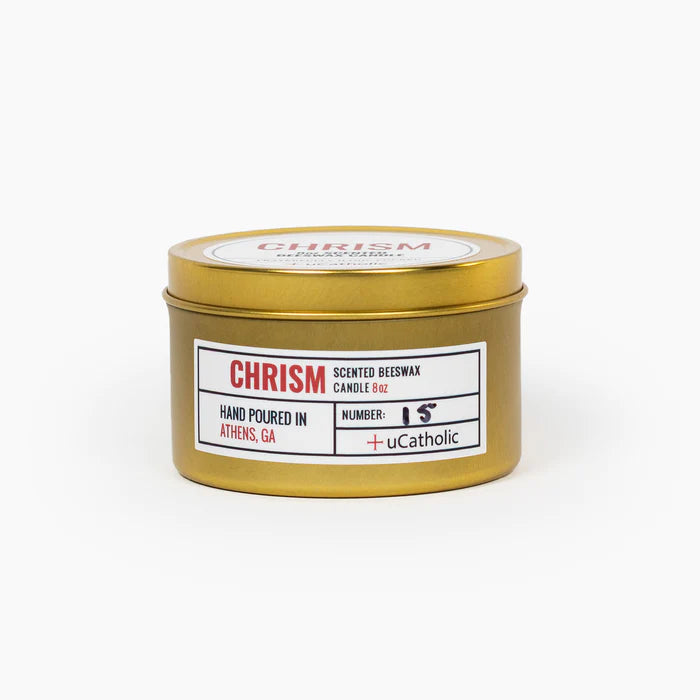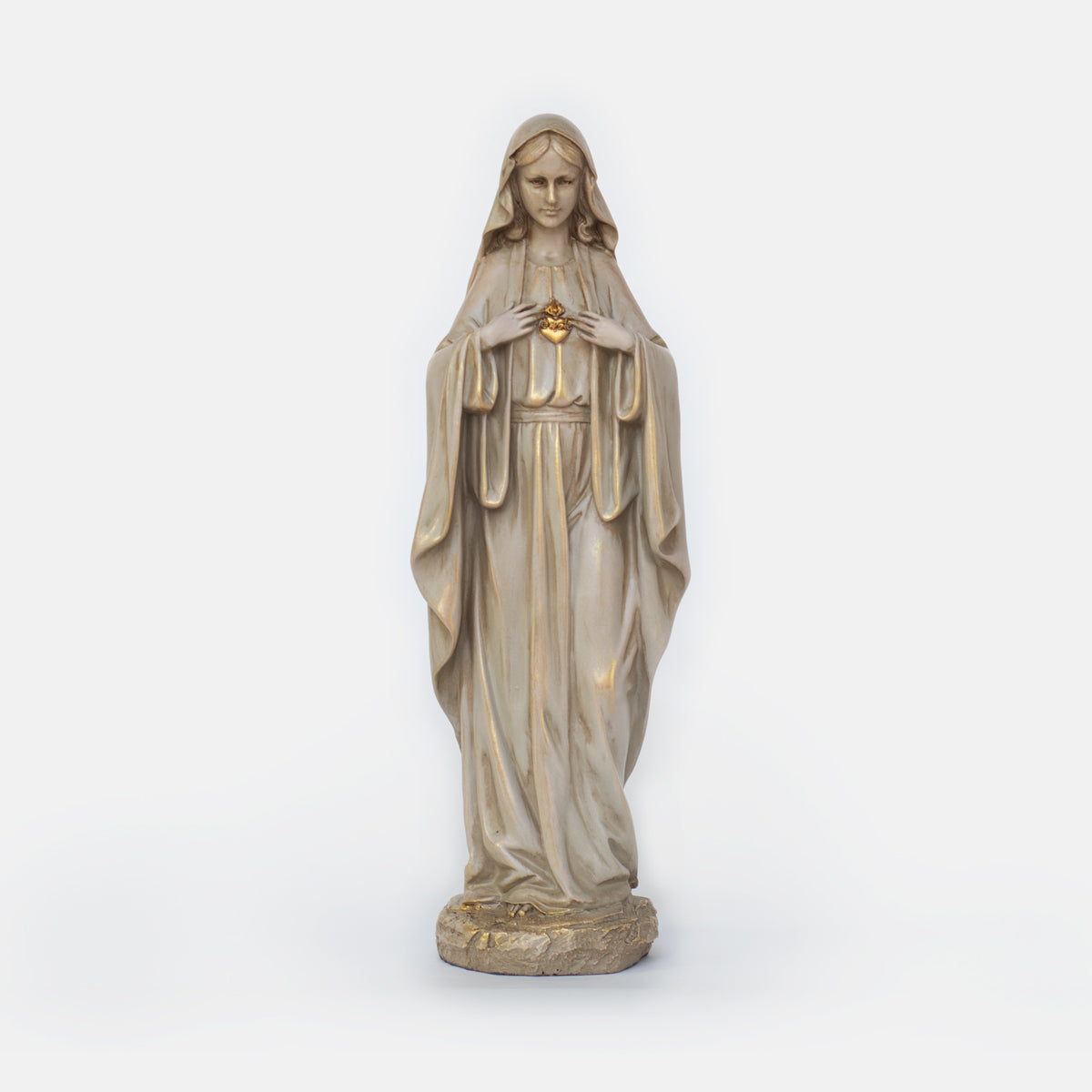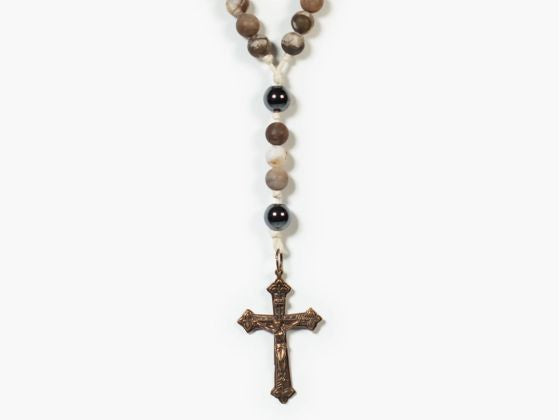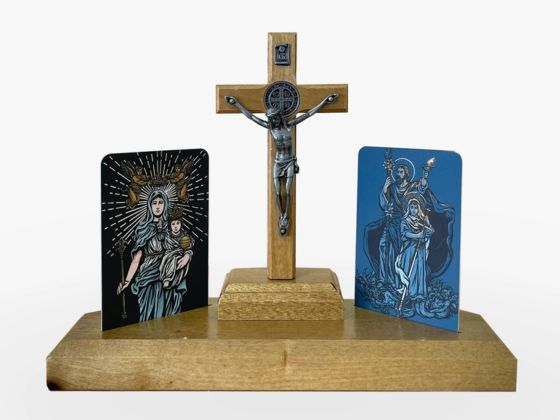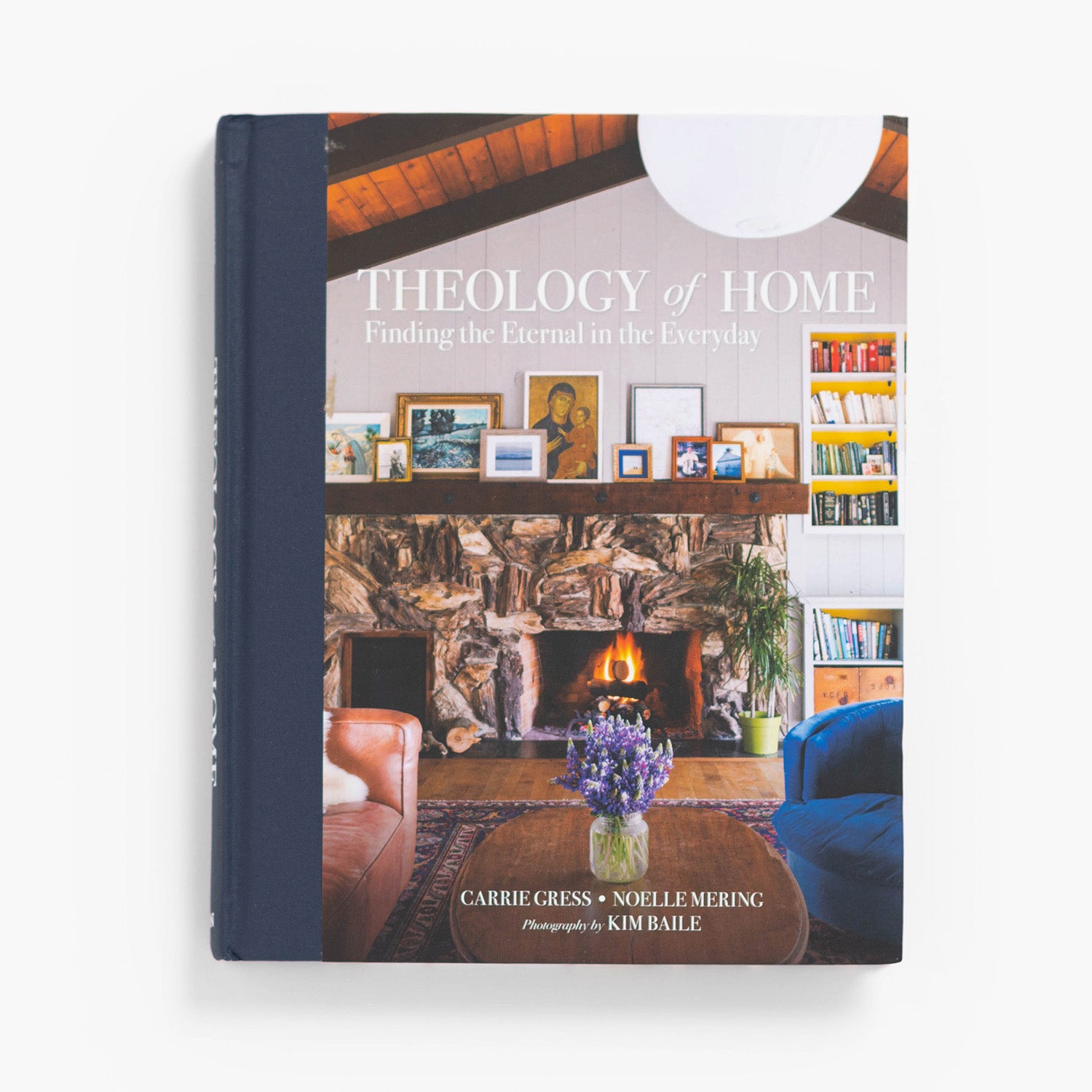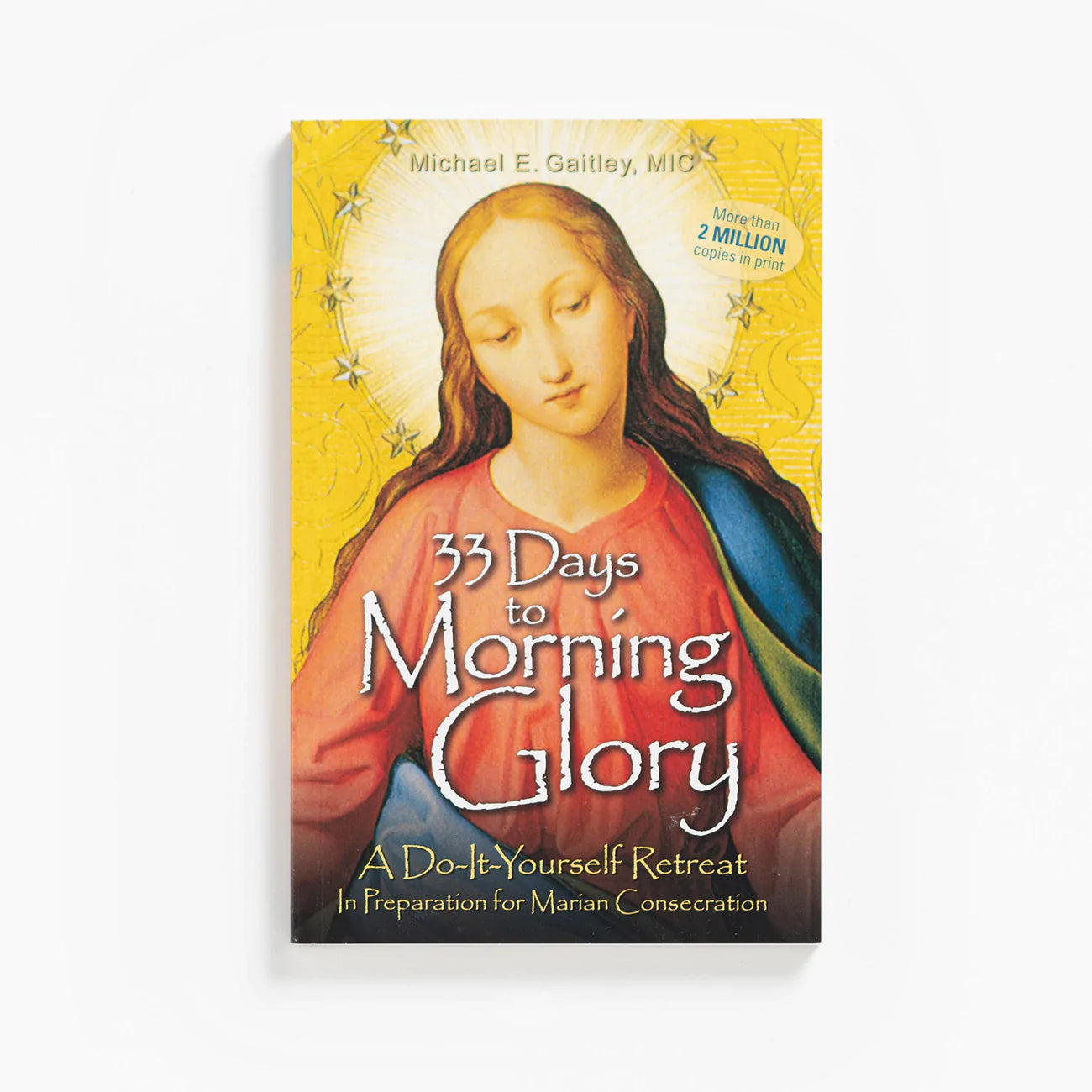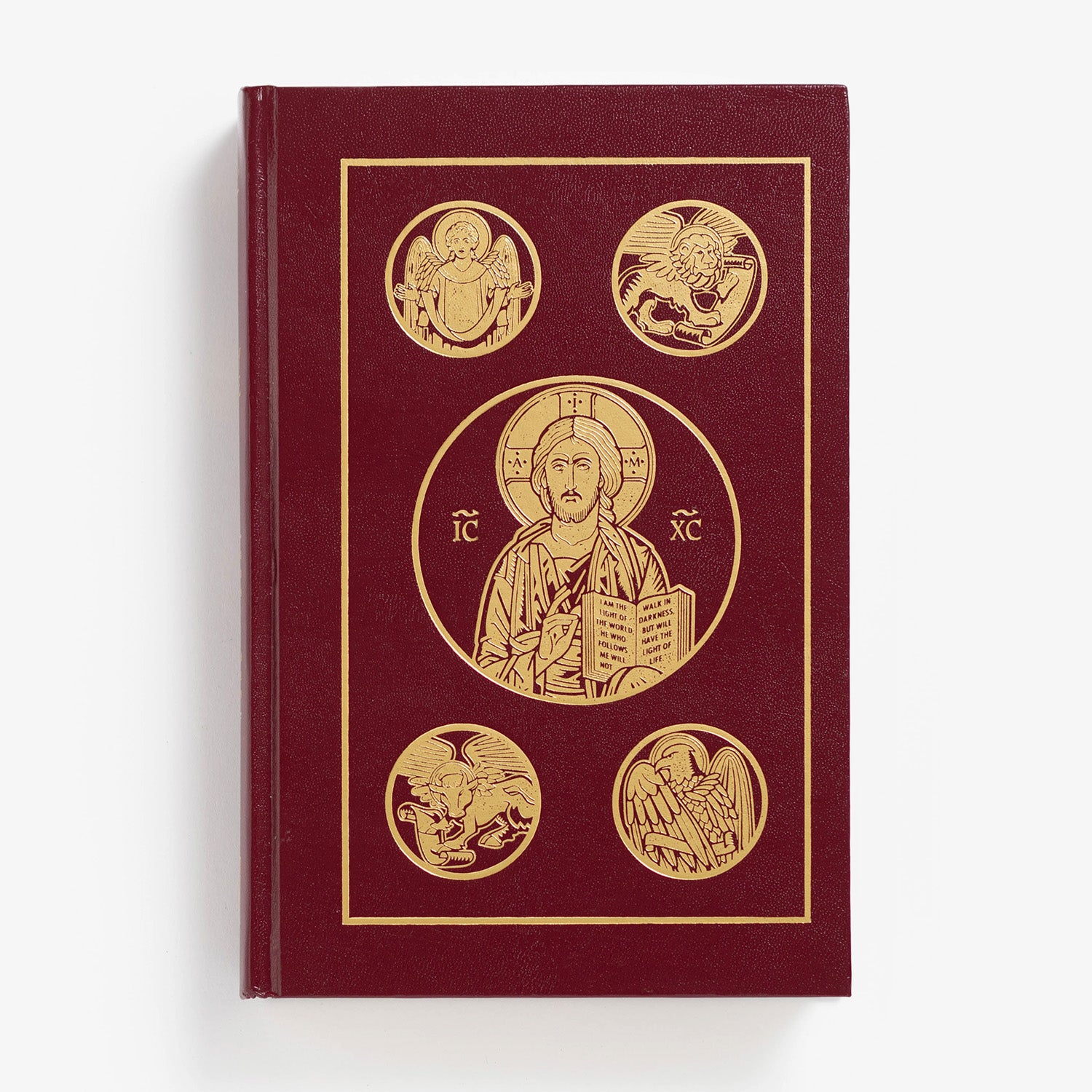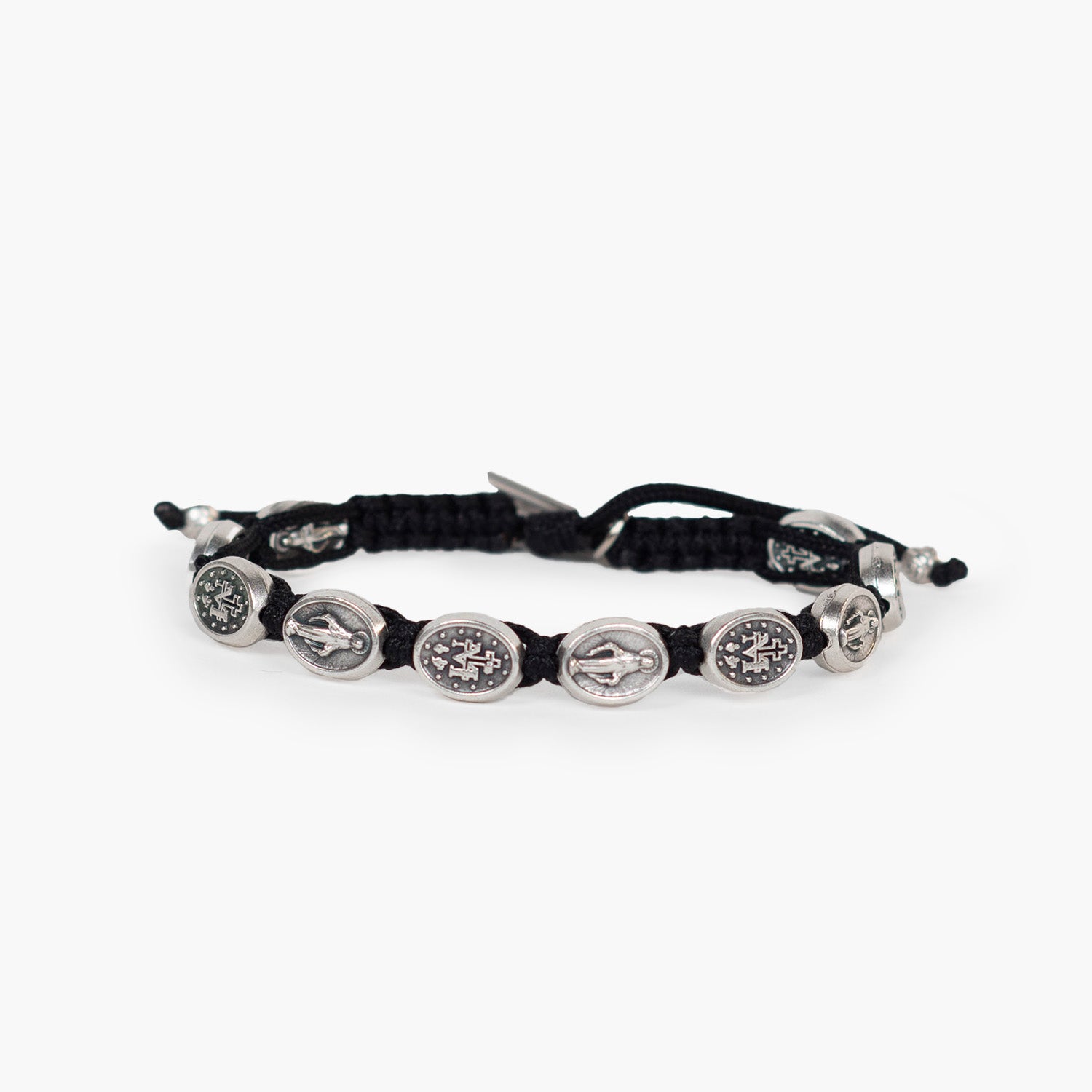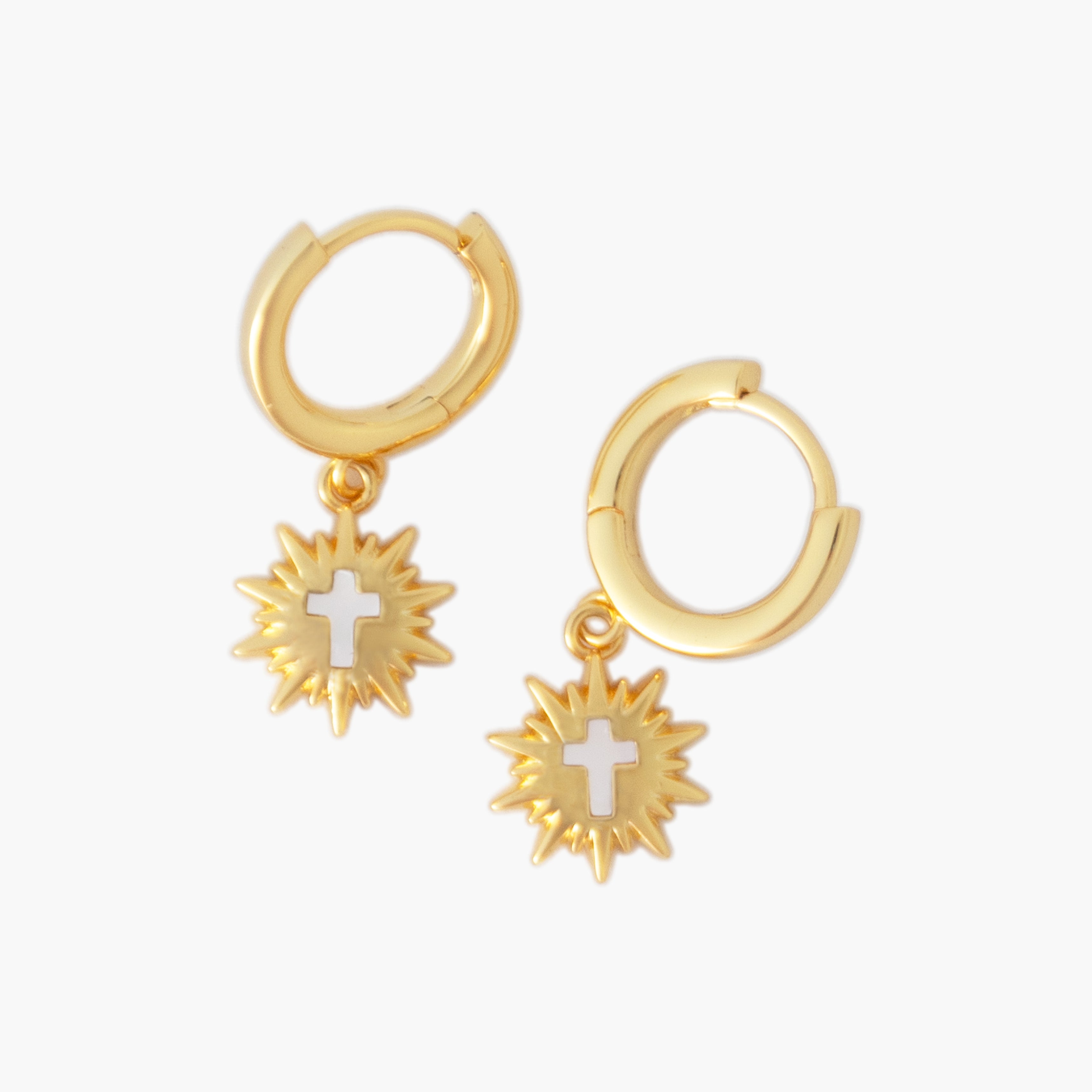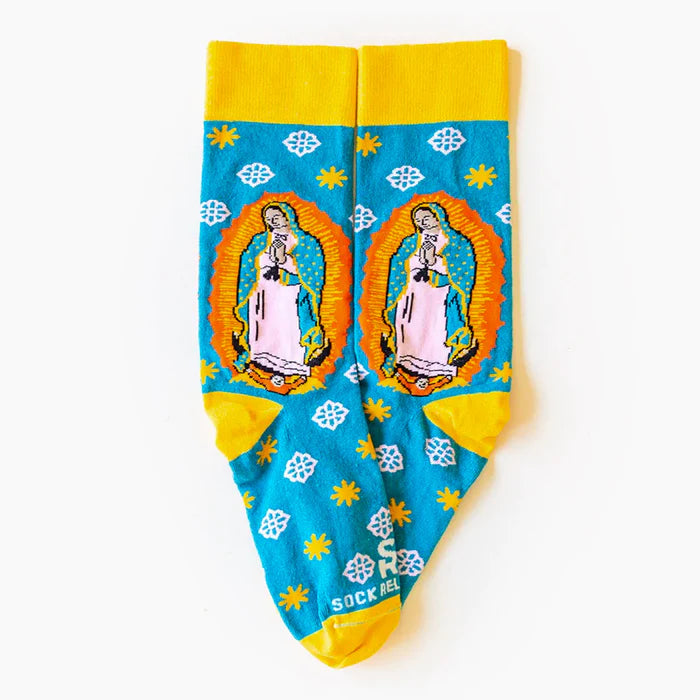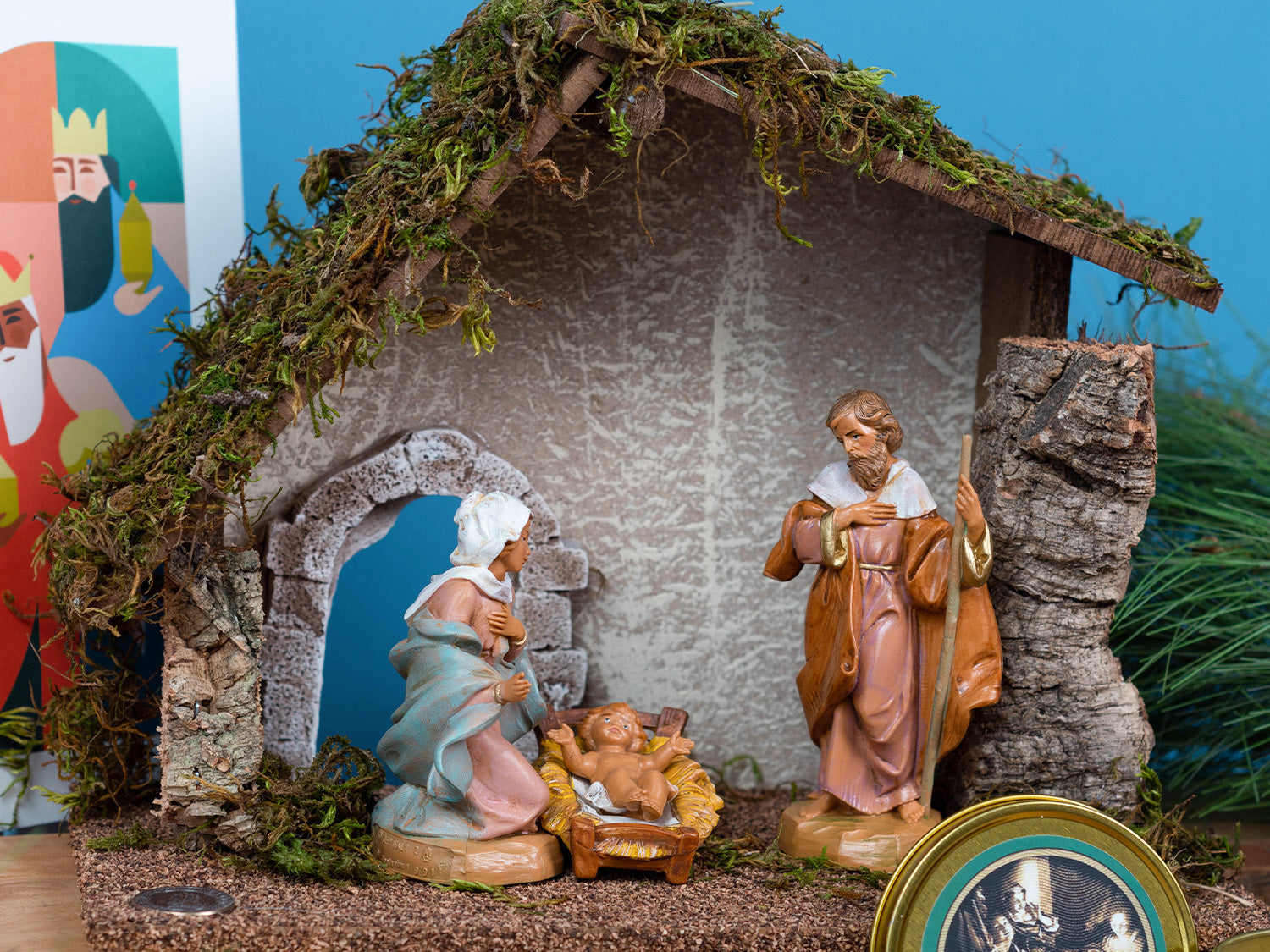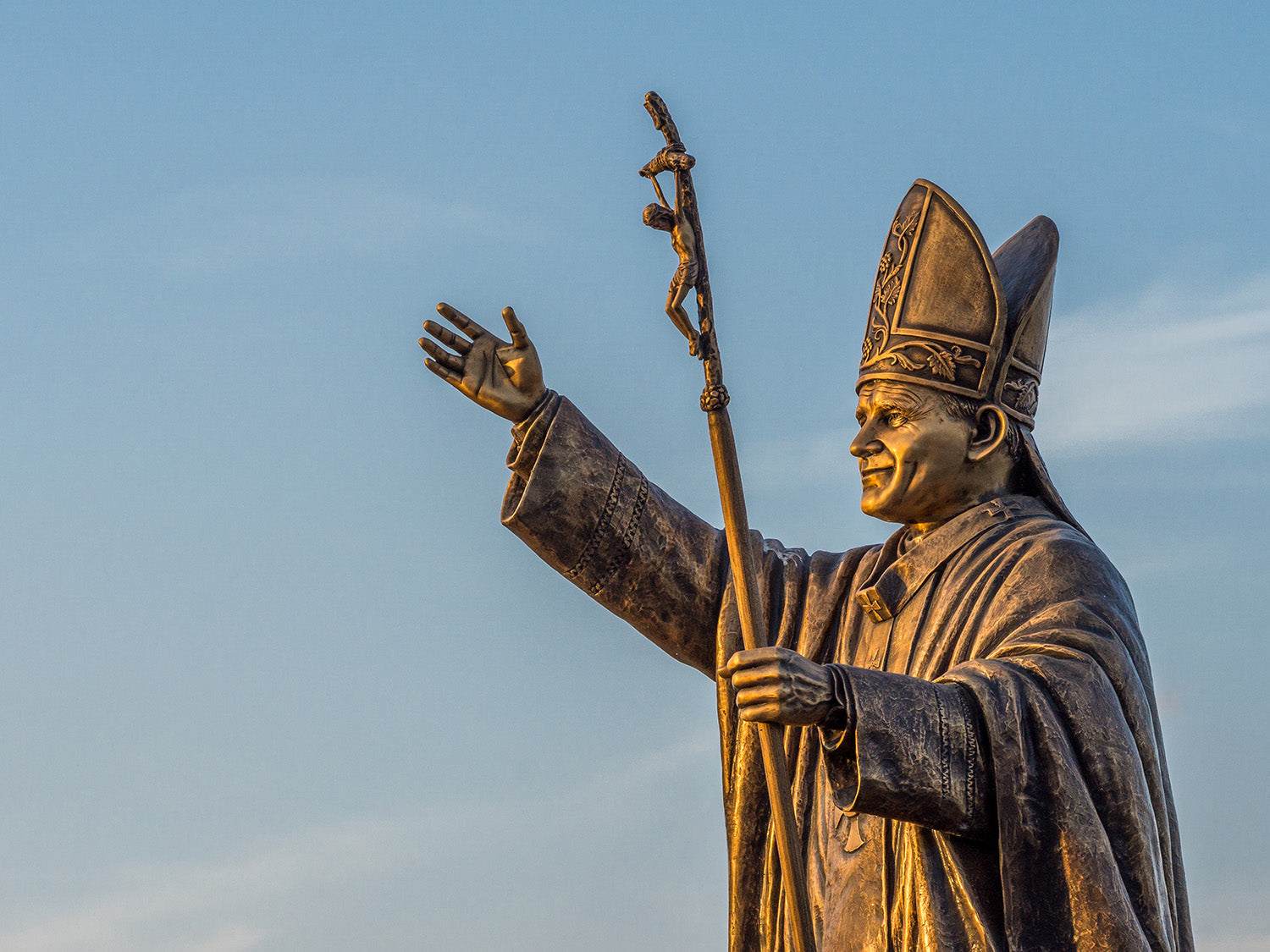As Catholics, we’re all about staying true to the spiritual meaning of holidays like Christmas and Easter. (Just think of those “Keep Christ in Christmas” bumper stickers.)
But what about Thanksgiving? It was started by Protestants. Does it make sense for Catholics to celebrate a holiday like that?
Yes!
Actually, Thanksgiving comes from an old Catholic tradition.
In Europe, Catholics used to celebrate a festival on the feast of St. Martin of Tours (Nov. 11) to give thanks for the fall harvest. Before the pilgrims came to America, they stayed in Holland where this tradition was still alive, including the cooking of a goose for the meal. So when they came to America, they carried on the tradition using the kind of bird available to them: turkey.
So if our Thanksgiving holiday comes from Catholic roots, then what’s so Catholic about giving thanks?
Giving thanks is a huge theme in the Mass.
Did you know that the word “Eucharist” comes from the Greek verb for thanksgiving? That means the Eucharist is an act of thanksgiving to God.
Pay attention to the words at Mass and you’ll notice the references to thanksgiving. For instance, after the gifts have been brought up and we all stand, the priest says: “Let us give thanks to the Lord our God.”
And we say, “It is right and just.”
Then the priest says, “It is truly right and just, our duty and our salvation, always and everywhere, Lord, to give you thanks.”
Woah! Back the truck up. It’s our duty and our salvation to give God thanks? That takes thanksgiving to a whole new level!
And while thanksgiving is “baked into” our worship together at Mass (to use a food metaphor for Thanksgiving), there’s also a good reason why we should individually give thanks every day.
Giving thanks keeps you from sinning.
St. Ignatius of Loyola thought the root of our sins wasn’t pride. It’s ingratitude.
We make a move to sin when we believe God withholds a good from us. He’s not giving us what we need… or at least, that’s what we think. So we try to attain that good for ourselves, on our own terms.
That’s what happened in the Garden of Eden. God gave Adam and Eve everything they needed, but they believed the Serpent when he suggested that God was withholding something good from them. Thus, they took the forbidden fruit.
So when St. Ignatius developed the Examen Prayer, he started with gratitude. Most Catholics think the Examen Prayer starts with remembering your sins from the day. Nope! The first thing you should do, St. Ignatius says, is call to mind how God blessed you throughout the day.
When you cultivate this habit of thanksgiving, you’ll be less tempted to satisfy yourself with sinful pleasures, because you’ll remember the ways God provides for you.
Giving thanks builds your trust in God.
Let’s face it. When we pray to God, we do a lot more asking than thanking.
But St. Paul wrote in Philippians 4: “In every situation, by prayer and petition, with thanksgiving, present your requests to God.”
Notice how St. Paul phrased that. When we pray to God for things, we ought to thank Him at the same time. God longs to provide for you. And He does, day in and day out. To use another food metaphor: If your petition was like a dinner platter set before God, then season your petition with gratitude. When you do this, you build up trust. And trust, in turn, strengthens your prayer.
Bonus: It helps your brain too.
St. Ignatius knew gratitude is good for you. Turns out, science backs him up on that. We’re body-soul beings after all, so it makes sense that what’s good for you spiritually can also benefit you physically.
Gratitude causes your brain to release dopamine and serotonin, which makes you feel happier. Also, doing acts of gratitude over time strengthens your brain’s ability to regulate stress. So expressing gratitude every day – like saying it out loud or writing it down – improves both your mental and physical health.
This year, get inspired by the Catholic side of Thanksgiving. It’s a great jumping point to take your faith deeper every day.
P.S. For more on the Catholic origins of Thanksgiving and other holidays, check out “Why Do Catholics Eat Fish on Fridays?” by Michael P. Foley.




